MALAWI—On a cool morning, Moses Sitima sits on a wooden chair on the veranda of his two-bedroom house listening to the radio. He turns the dial until he reaches his favorite station—the country’s public broadcaster. In no time, the station plays an advert for a rally for the ruling party’s election candidate before ending with a song.
“Lozani zanu,” the song goes, which literally translates as “point at yours.” Sitima nods in agreement; he lives in Mulanje, a district neighboring the incumbent president’s home district of Thyolo and a darling of the ruling party.
The campaign song commissioned by the Democratic Progressive Party (DPP) details development projects completed under the current government: stadiums, a five-star hotel, roads, a parliament building, and others.
All these projects were constructed with grants and loans from the Chinese regime.
In the lead-up to Malawi’s general election on May 21, the DPP promises to continue projects currently in the works that are supported by China, as well as start many more if reelected. Most notably, President Peter Mutharika recently promised to build two more stadiums if he wins.
But Ernerst Thindwa, a political analyst at the University of Malawi’s Chancellor College, said African countries have to be very careful when it comes to Chinese aid.
“There has to be a win-win situation, hence the need to scrutinize where and what the Chinese are investing in,” he said in an interview.
Thindwa cited the example of Malawi’s Chikangawa Forest, which he claims has been depleted due to Chinese influence.
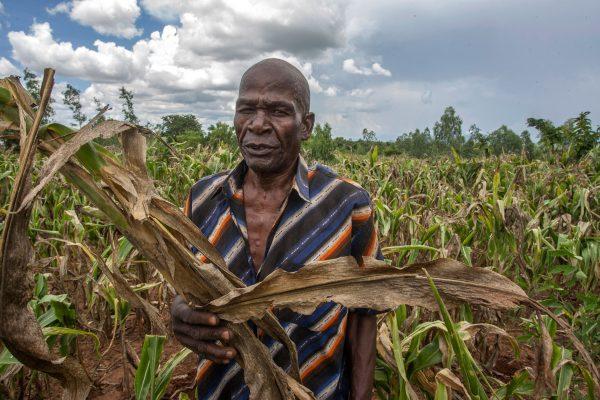
“China has a great appetite for resources,” he said, adding that Beijing is looking at anything from Africa that it can plunder and use.
Limited Benefit for Poor, Economy
While many African countries have turned to China for aid in recent years, it is unclear whether the projects built with Chinese money will benefit ordinary people instead of merely garnering political and personal gain for politicians.According to barrister and governance specialist Z. Allan Ntata, other than the roads and the university, most projects built in Malawi with Chinese loans have not brought much improvement to the lives of ordinary people.
“Most of the loans benefit the elite of the society and not the poor,“ he said by email from England where he is currently based. ”[And] these projects cannot improve a country’s economy.”
Ntata faulted Africa leaders who seem to prioritize the wrong projects when obtaining the loans, saying a shift in focus is needed.
“If, for example, Malawi asked for loans from the Chinese to improve electricity production or improve the airports and bring them to world-class level, the economy would improve,” he said.
However, Malawi’s Minister of Information, Henry Mussa, argues that the country overall stands to benefit from the relationship with China, and it is wrong to say ordinary people will not benefit.
“We have an influx of Chinese investors like those working in ICT (Information and Communication Technology),” he said in a phone interview. “The five-star hotels will bring in foreign exchange and the tarmac roads will help farmers to access the market.”
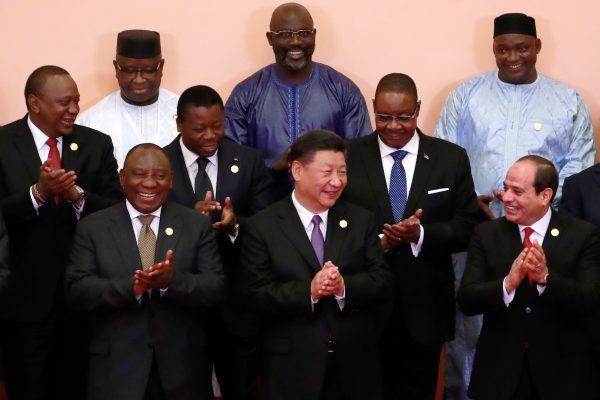
When Chinese officials met with African leaders in 2018 to strike a $60 billion deal in grants and loans during the Forum on China–Africa Cooperation, it left a big smile on the leaders’ faces. A group photo of Chinese Communist Party head Xi Jinping with African leaders has been widely used in the media to depict the relationship between Africa and China.
Malawi, one of the poorest countries in the world, is slated to receive around $100 million of that aid.
Chikondi Masamba, a 50-year-old farmer in Phalombe District, southern Malawi, said he sees no direct benefit from the projects funded by Chinese money. The father of four who depends on selling pigeon peas and maize to feed his family, said life is getting increasingly harder. None of his children have been able to attend college or university.
Debt-Trap Diplomacy
Since China launched its One Belt, One Road initiative to connect not only Africa but also other parts of Asia and Europe through the construction of a network of railways and roads, there has been widespread criticism, not least because of concerns about transparency and human rights raised by various organizations.In Africa particularly, NGOs are concerned about the “no strings attached” approach—a complete opposite from Western aid, which puts a strong emphasis on respect for human rights, accountability, and transparency.
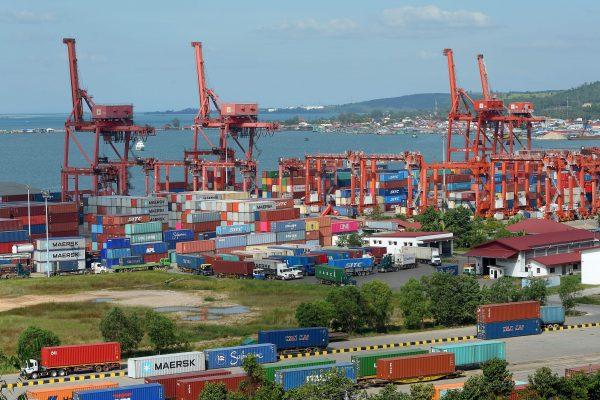
In Malawi, Chinese funding paid for the construction of a $41 million parliament building, a five-star hotel, and a university, with a $100 million business park and a football stadium currently being built, among other projects.
Due to limited data made available by the government, it isn’t clear how much the country owes China, nor the terms and conditions of the loans.
The quality of the infrastructure projects has also been called into question. For example, part of the new parliament building’s roof collapsed eight years after it was built.
“There are issues regarding the Chinese aid and loans. In some projects like the parliament building, it’s the Chinese who know the value of the infrastructure,” Ben Kalua, an economics professor at Malawi’s Chancellor College, told The Epoch Times.
“The fact that it’s China that sets the conditions for the loans is also a problem. We’ve seen countries going into trouble because of failure to pay back the heavy loans,” he said.
Kalua was referring to countries such as Sri Lanka, which formally handed over a strategic port on a 99-year lease to China after struggling to pay back its debt. In Zambia, there was outcry after it emerged that the country, which was already struggling with repaying loans, negotiated another loan from China with the country’s power supplier as a guarantee. There were fears that rising debt would lead to Chinese control of the power supplier.
The relationship between Africa and Asia with China has been described as “debt-trap diplomacy.” On a visit to Africa in March 2018, former U.S. Secretary of State Rex Tillerson warned the continent not to forfeit its sovereignty when accepting loans from China.
“It is important that African countries carefully consider the terms of those agreements and not forfeit their sovereignty,” Tillerson said, as reported by Reuters.
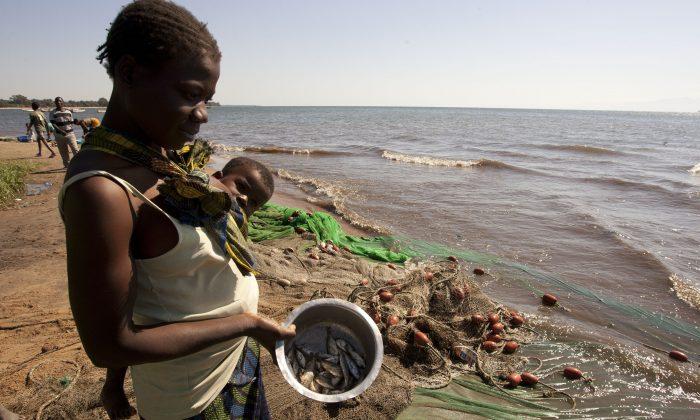
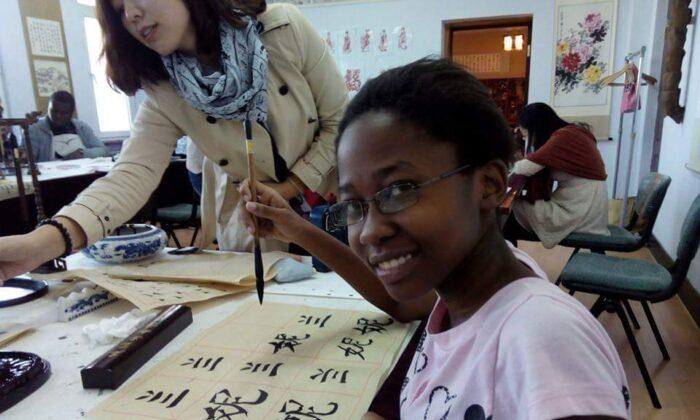
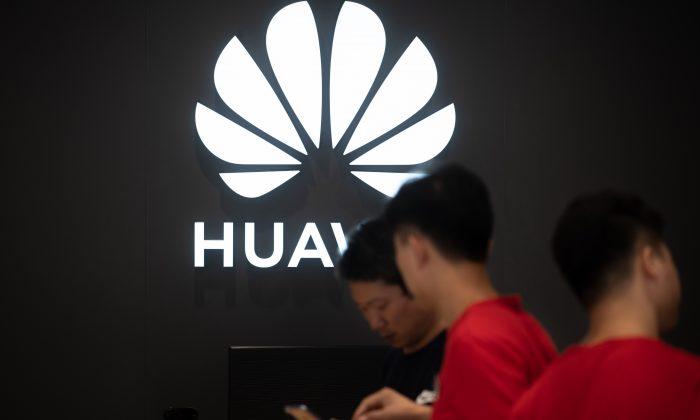
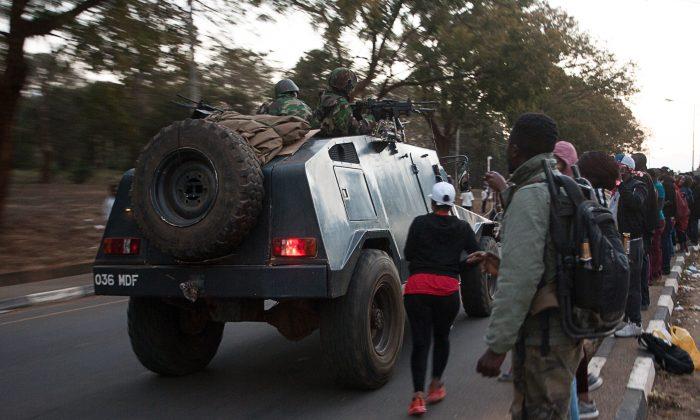
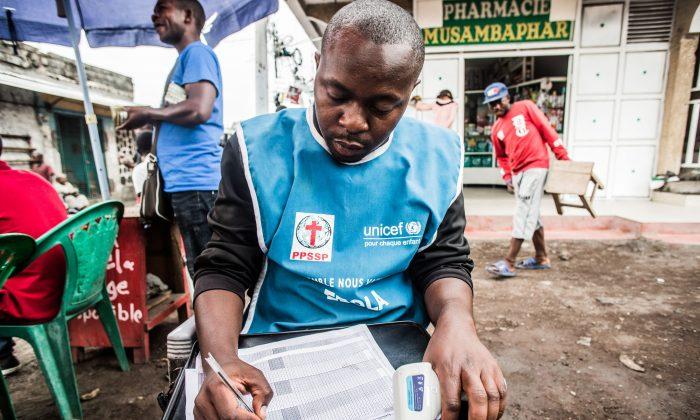
Friends Read Free